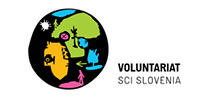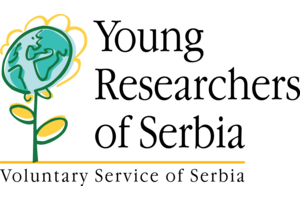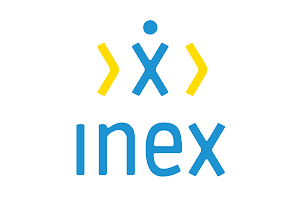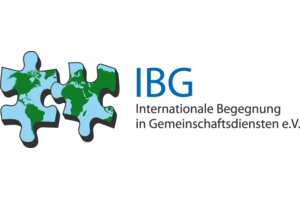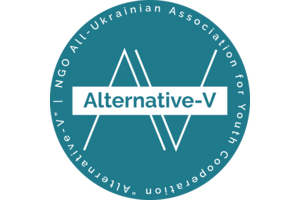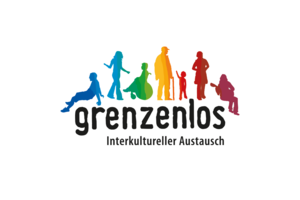Intro to the Competences
On this page, we offer the introduction to the topic of "competences". This chapter will cover explanation of what exactly “competence” is together with simple exercises how you can explain it to your participants. Along with this, we will focus on the competences developed in volunteering activities and how they can be useful in our personal and professional lives.
What is competence?
The word competence can be defined as, for instance:
- The ability to do something well (Cambridge Dictionary)
- The quality or state of being able or suitable for a particular task; the quality or state of being competent for a particular task. (Wiktionary)
- A cluster of related abilities, commitments, knowledge, and skills that enable a person (or an organization) to act effectively in a job or situation. Competence indicates sufficiency of knowledge and skills that enable someone to act in a wide variety of situations. (Bussiness Dictionary)
- Competences are the result from the mobilisation of knowledge, skills, attitudes and values as well as their experiences that make an individual in a specific context to solve a problem or situation that presents itself in different arenas of their life. (Desk/field research of education in youth voluntary projects, project “I’VE EXPERIENCE”)
There are three components of the competence:
- Knowledge is the theoretical understanding of a subject = understanding of information.
- Skills are the ability to perform practical tasks
- Attitudes and values are a personal perspective towards a subject based on motivation, personal goals, preferences, self-concept = internal drivers of behaviour
Struggling to understand this properly? Try out some simple exercises to make it clearer! here
Competences in categories
We can divide the competences into two categories:
“Hard competences” (sometimes referred to as “hard skills”, but as the word “competence” covers skills, but also knowledge and attitudes, we prefer to use the word “competence” to “skill”) - something you can learn from books or by heart and practice by hands, such as math, accounting, programming or IT in general, graphic design, writing articles, statistics, etc.
- For example when riding a bike, the process of how you ride a bike is a ‘hard competence’ - you must know how it works and how to balance, how to use the pedals and coordinate yourself.
“Soft competences” (sometimes referred to as “soft skills” or “people skills and self- management skills”) - are the activities that you do to manage yourself and manage or work with other people, such as communication, flexibility, independence, teamwork, or leadership.
- When going for a bike trip, soft competence you need is for instance to plan your trip (distance, time, having water with you…), communicate and plan with other people that go for a trip with you, etc.
Competences in practice
To imagine what we practically mean with the competence, here are some examples how competences are linked with situations that happen to us in our real life or while volunteering. Those competences can emerge through various sub tasks and consideration in the build-up of the situation or the objective.
Situation 1: Organisation of a multi-day international meeting
Sub-tasks: communication with participants, considering the different expectations and experiences of the participants, be able to adapt spontaneously to satisfy the needs of the group, prioritising individual needs and keep track of the group objectives.
Competences: leadership (if you’re coordinating), communication, creativity and problem solving, flexibility, project management.
Situation 2: Planning a weekend trip with friends
Sub-tasks: communication with participants, considering the different expectations of the participants, covering back-up plan.
Competences: leadership, communication, creativity and problem solving.
See more situations
See more of the situations that every volunteer can go through.
Situation 3: Individual travel to a foreign country
Sub-tasks: effective communication in a foreign language, cultural consideration, advance preparation of the “field”, planning different options (accommodation, transportation, food, etc.).
Competences: foreign language, work with information, intercultural communication, independence, self-management, communication.
Situation 4: Planning a study session with a friend before an exam
Sub-tasks: consider different work styles and rhythms, planning a suitable and effective study schedule, effective and fair sharing of duties, consider other resources if an unsolved problem arises
Competences: leadership, communication, creativity and problem solving, teamwork, effectivity, work with information
Situation 5: Applying for a job and preparing for an interview
Sub-tasks: effective written and oral communication, analysis of the job description, ability to prove computer literacy skills, targeted self-promotion, promote flexible attitude.
Competences: work with information, computer literacy, promotion, effectivity, communication, flexibility.
Situation 6: Coaching a sports team
Sub-tasks: sensitive and considerate dialogue with the players, promotion of the results, dynamic and inclusive training, management of player’s schedules, effective and inclusive observation.
Competences: (intercultural) communication, promotion, leadership, teamwork, effectivity, creativity and problem solving.
Situation 7: Helping foreigners find their way
Sub-tasks: having an open-minded and resourceful communication, be flexible and aware of your own environment.
Competences: intercultural communication, foreign language, creativity and problem solving.
When talking about workcamp, it’s usually:
- Easy to name the “hard competences“ people developed: such as agricultural work - how to work with different types of plant, how to grow plants in permacultural environment; construction work, restoration, renovation - basics of archaeology, how does renovation of old building or castle work from the beginning till the end, what is the best way to move big stones, how to work with old techniques of house building etc.
- Quite hard to name which “soft competences” developed: usually, communication in foreign language and perhaps independence pops up, but other soft competences are hard to reflect on and formulate which ones have developed during the project. The solution to this issue is offered in our next chapters.








